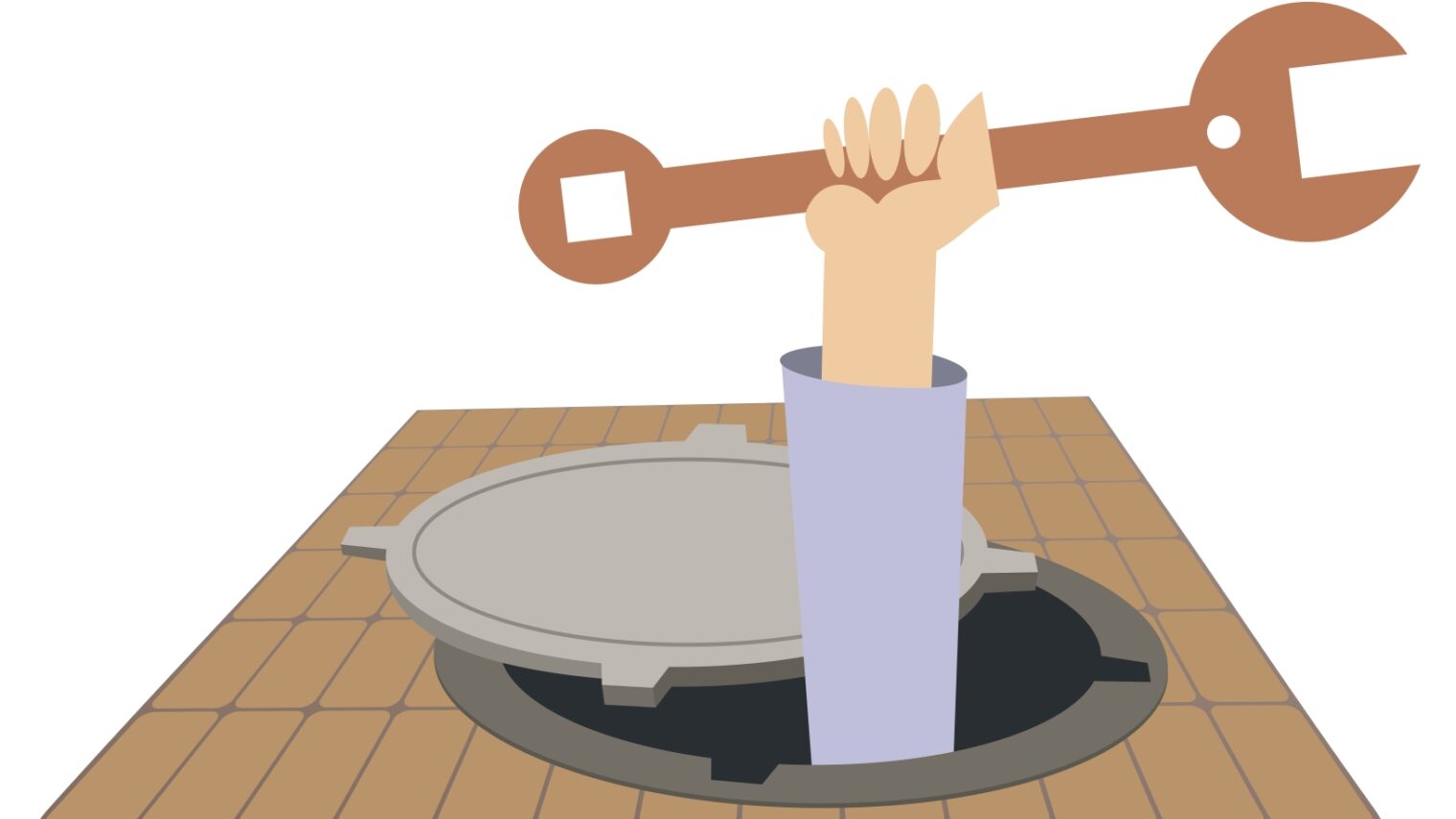Ready for a really yucky statistic?
Sixty percent of the 6.8 million liters of daily sewage sludge generated in Brazil gets dumped back into nature untreated. And even that is a big improvement over the situation five years ago.
Now the South American country is poised to clean up its sewage problem using an Israeli invention for transforming human waste into odor-free, sterilized farm fertilizer.
Incorporated in February, Lodologic was established by a group of Brazilian companies in partnership with Paulee CleanTec in Israel. (“Lodo” means “sludge” in Portuguese.)
“Paulee CleanTec has a proprietary process to oxidate organic residue. We’re going to apply that process to sludge,” Lodologic CEO Gabriel Kainuma tells ISRAEL21c from his office in Sao Paulo.
“We mix a chemical reagent with the sludge and blend this mix in a high-speed chamber that eliminates all pathogens in the sludge, transforming it into safe, affordable, effective fertilizer,” he says.
“By 2018 we expect to be operating in at least six plants. There are over 400 sewage treatment plants in Brazil, so we have a huge market here to explore.”
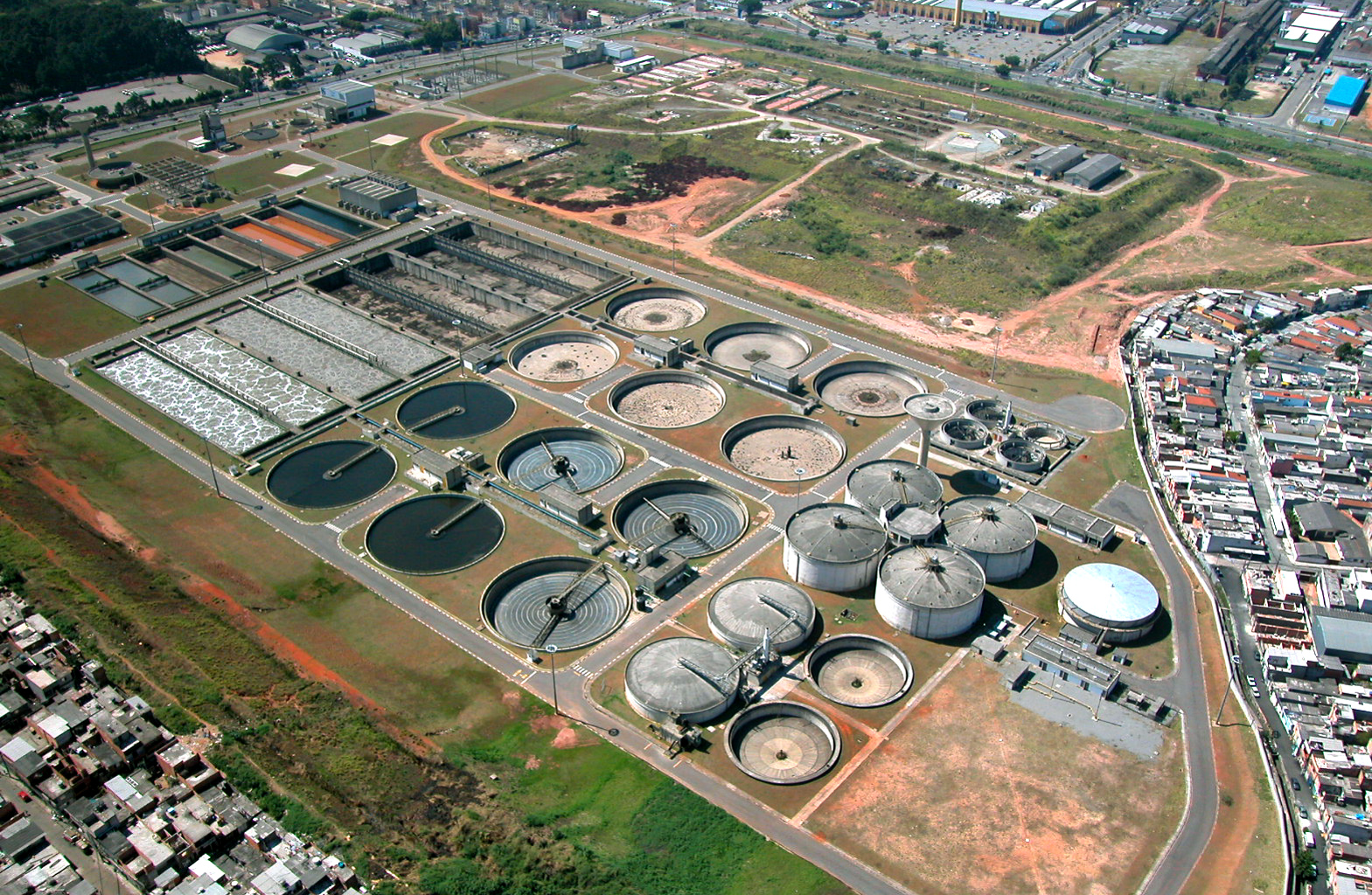
Sludge (biosolids) is a byproduct of sewage treatment plants — the waste removed from wastewater. While the treated water can be safely discharged to waterways or reused for other purposes, sludge has to be disposed of or treated separately onsite. An environmentally friendly option is composting, but this takes a lot of time and space. And it smells bad.
“Decades ago, when sewage treatment was only taking its first steps, sludge was dumped into international waters,” Paulee CleanTec CEO Ilan Levy tells ISRAEL21c.
In many Latin American countries, he says, dumping sludge into the ocean still is standard practice, and even happens unintentionally in places such as California when heavy rain causes sewage systems to overflow.
“Nobody knows what to do with the enormous amount of sludge generated every day,” says Levy. “The general solution is to send it to landfills. We are changing the logic by turning sludge into something of value.”
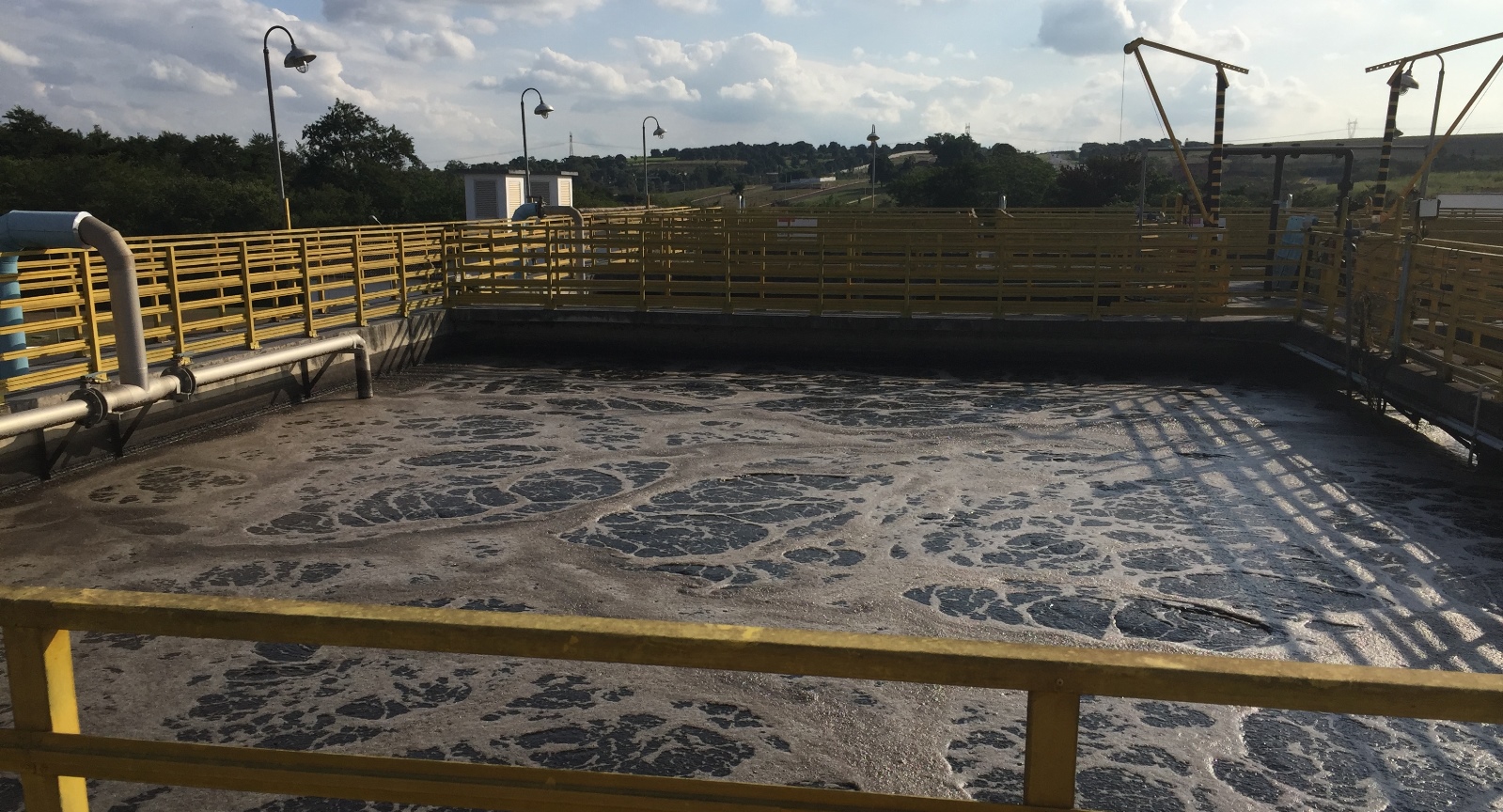
One technology, three uses
Paulee CleanTec is the Tel Aviv company that developed an invention by Hebrew University Prof. Oded Shoseyov for turning dog dung into sterile, odorless fertilizer pellets on the spot, using a pooper-scooper with an oxidation unit attached. This innovation is now going into production through a partnership with Ohio-based OurPets.
In 2014, Paulee CleanTec partnered with San Francisco-based CB Engineers to create Epic CleanTec, which will soon install a unique system in a San Francisco high-rise apartment house to treat sewage and use the resulting fertilizer for onsite landscaping. The system will redirect the used water for toilets, irrigation and cooling towers; and will reuse the output heat for the building’s hot-water supply.
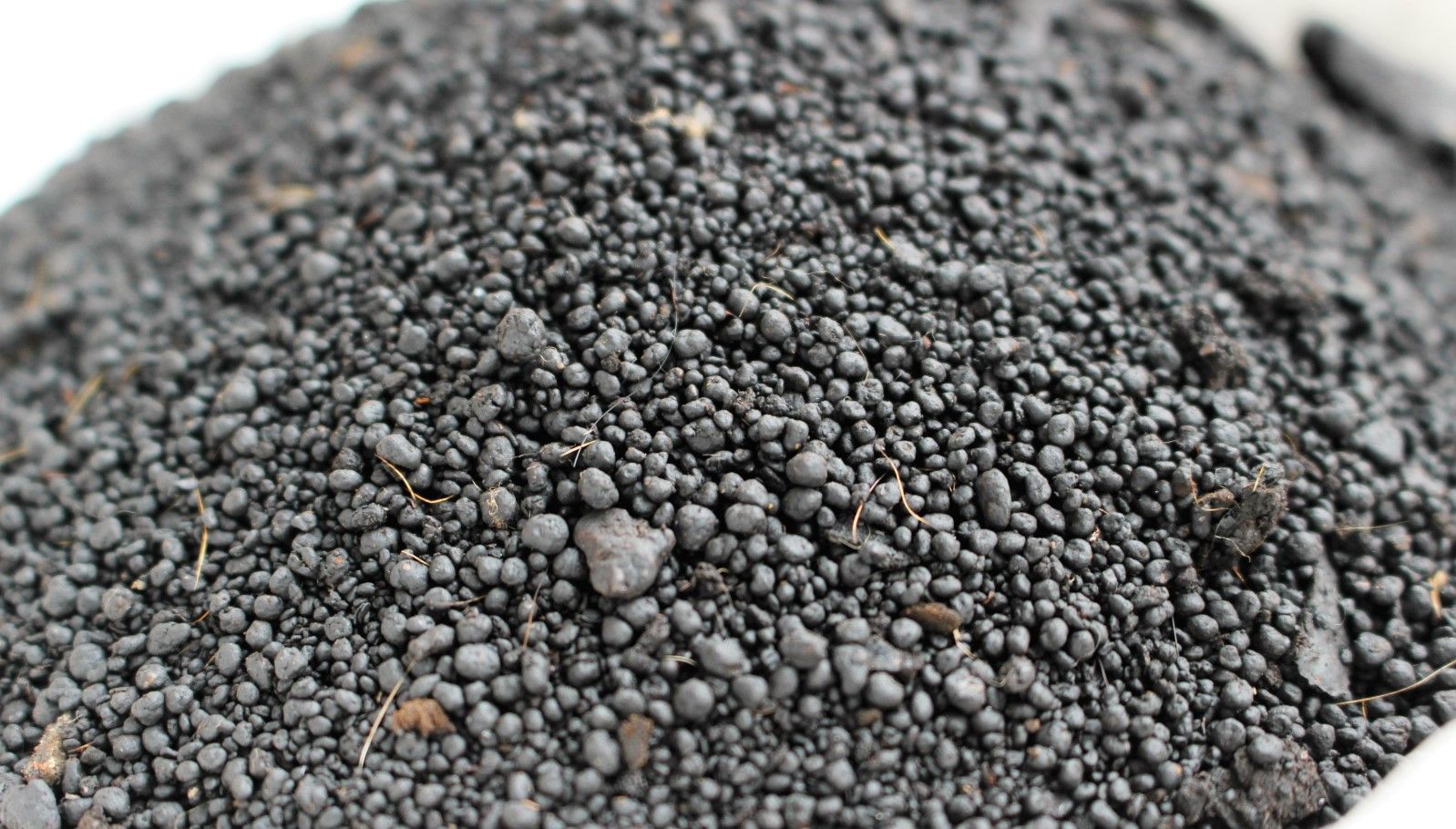
Lodologic, Paulee’s second affiliate company, “is a different application, on the municipal level, using totally different machinery,” Levy explains. “Sewage systems are overloaded and new approaches are needed. We need to increase the number of people they can serve. So we attack the problem from different angles.”
Lodologic machinery is designed to convert all types of sludge from sewage treatment plants or biogas plants into odorless, organic, low-cost agricultural fertilizer within minutes.
The Brazilian company, self-financed for now, also will offer its customers a distribution structure for the fertilizer.
“We’re developing equipment to retrofit existing sewage treatment facilities,” says Kainuma. “Usually a conveyor puts the sludge into a truck to take it away. We’re going to position our equipment to receive the sludge from the conveyor in the same place where the truck would have been. So there is very little modification needed to the plant.”
The first operation is expected to go live by the end of 2017.
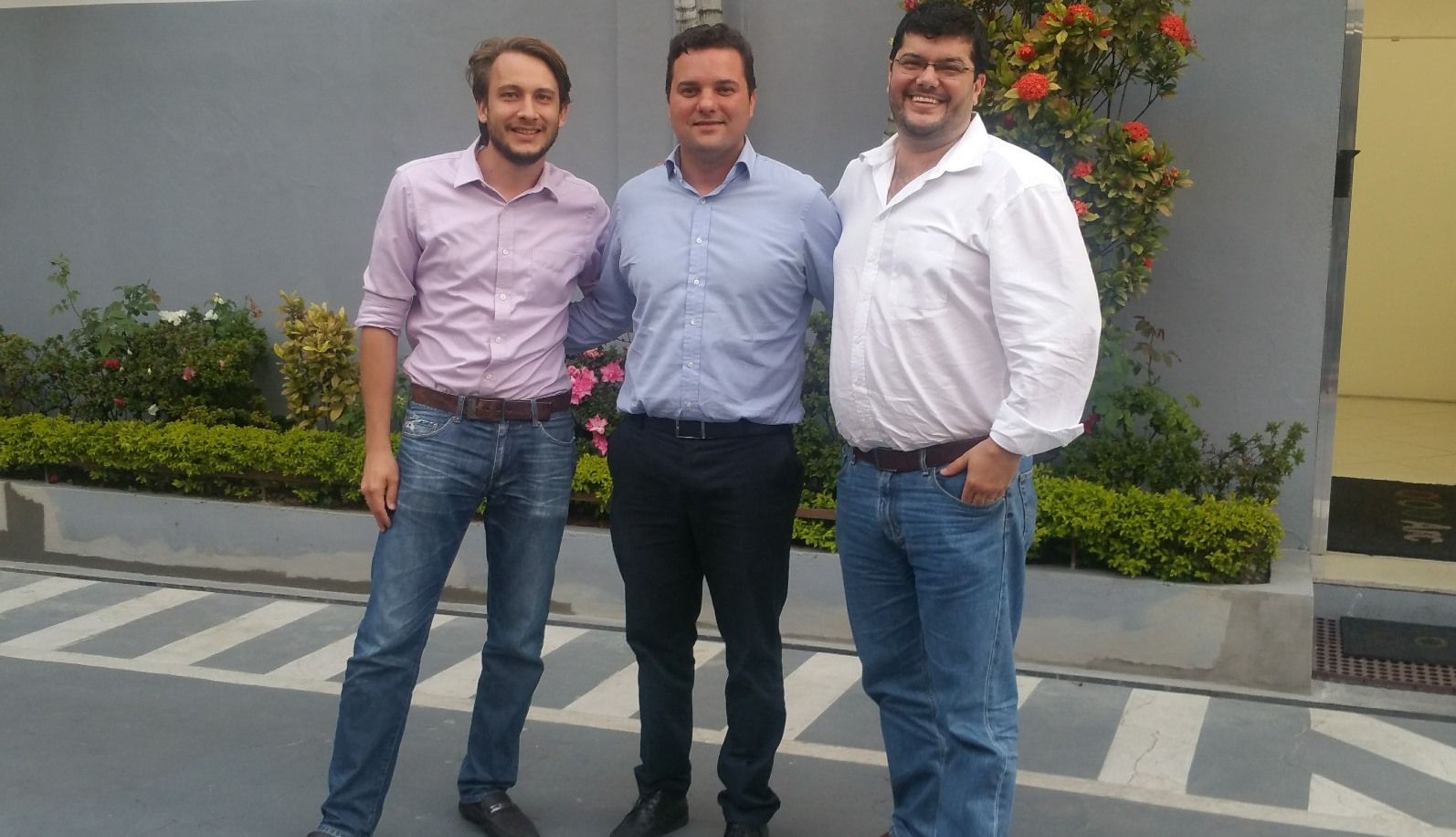
“We have a team of four and are hiring more to accelerate development,” says Kainuma, a Brazilian robotics engineer who formerly worked in the automotive industry.
Other countries are likely to be watching the project in Brazil closely. While Brazil produces 2.5 million tons of sludge per year, the amounts are much higher in countries such as China (9 million tons per year) and the United States (8 million tons). The European Union generates about 12 million tons of sludge every year.
For more information, click here.




